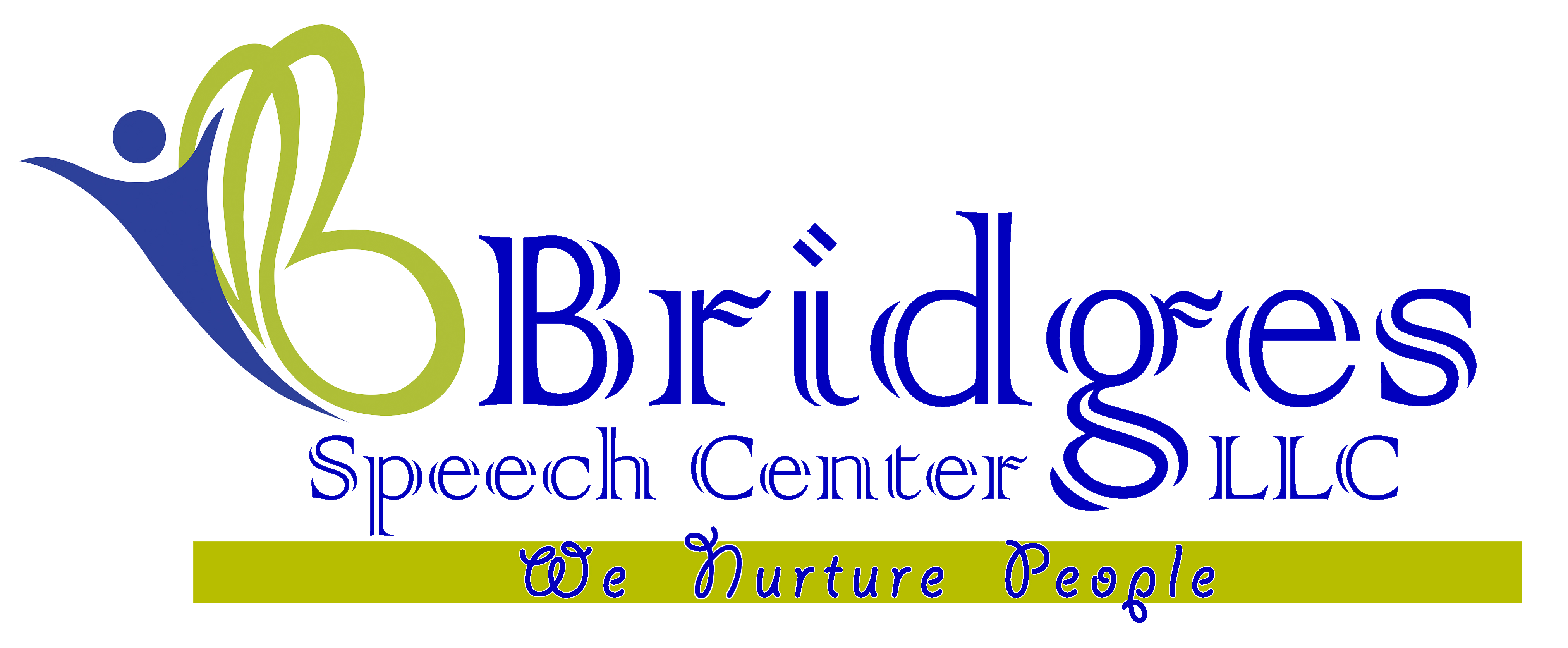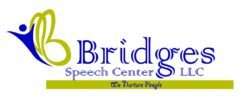- About Us
- Our Services
- Speech Therapy
- Speech and Language Therapies for Adults in Dubai
- Speech and Language Therapies for Children in Dubai
- Accent therapy
- Augmentative Alternative Communication (AAC) Therapy
- Articulation Speech Therapy
- Auditory Processing therapy/ Auditory verbal therapy
- Language Intervention: Speech Delay therapy
- Oral Motor Therapy
- Play Based therapy
- PROMPT/DTTC/RePT for Childhood Apraxia of Speech
- Social communication/Pragmatic language therapy
- Stuttering / Stammering therapy Program
- Spellography Program for Dyslexia
- Voice Therapy
- Home Care Services
- Feeding Therapy
- Physiotherapy
- Pediatric and Geriatric Physiotherapy
- Fall Prevention Programs for the Elderly
- Developmental Delay Treatment for Children
- Cerebral Palsy Management for Children
- Pediatric Orthopedic Conditions
- Osteoporosis Management for the Elderly
- Sports Injuries in Children
- Mobility and Balance Training for Elderly
- Joint Pain Treatment (Knee, Shoulder, Hip)
- Age-Specific Exercise Programs
- Coordination and Balance Exercises
- Orthopedic Physiotherapy
- Neurological Physiotherapy
- Sports Physiotherapy
- Cardiopulmonary Physiotherapy
- Women’s Health Physiotherapy
- Manual Therapy
- Therapeutic Exercise
- Pain Management
- Electrotherapy
- Ergonomic Consultation
- Tele-Physiotherapy Services
- Pediatric and Geriatric Physiotherapy
- Occupational Therapy
- Sensory Integration
- Clinical Psychology & Psychotherapy
- Cognitive Behavioral Therapy(CBT)
- ABA /Behavior Therapy
- Bridge Learning Program
- Group therapy
- Summer/Winter Program
- Telehealth Services
- Training Program/CEU
- Internship/ Observership
- Speech Therapy
- Super Team
- Collaboration
- Training Course
- News/Blogs
- About Us
- Our Services
- Speech Therapy
- Speech and Language Therapies for Adults in Dubai
- Speech and Language Therapies for Children in Dubai
- Accent therapy
- Augmentative Alternative Communication (AAC) Therapy
- Articulation Speech Therapy
- Auditory Processing therapy/ Auditory verbal therapy
- Language Intervention: Speech Delay therapy
- Oral Motor Therapy
- Play Based therapy
- PROMPT/DTTC/RePT for Childhood Apraxia of Speech
- Social communication/Pragmatic language therapy
- Stuttering / Stammering therapy Program
- Spellography Program for Dyslexia
- Voice Therapy
- Home Care Services
- Feeding Therapy
- Physiotherapy
- Pediatric and Geriatric Physiotherapy
- Fall Prevention Programs for the Elderly
- Developmental Delay Treatment for Children
- Cerebral Palsy Management for Children
- Pediatric Orthopedic Conditions
- Osteoporosis Management for the Elderly
- Sports Injuries in Children
- Mobility and Balance Training for Elderly
- Joint Pain Treatment (Knee, Shoulder, Hip)
- Age-Specific Exercise Programs
- Coordination and Balance Exercises
- Orthopedic Physiotherapy
- Neurological Physiotherapy
- Sports Physiotherapy
- Cardiopulmonary Physiotherapy
- Women’s Health Physiotherapy
- Manual Therapy
- Therapeutic Exercise
- Pain Management
- Electrotherapy
- Ergonomic Consultation
- Tele-Physiotherapy Services
- Pediatric and Geriatric Physiotherapy
- Occupational Therapy
- Sensory Integration
- Clinical Psychology & Psychotherapy
- Cognitive Behavioral Therapy(CBT)
- ABA /Behavior Therapy
- Bridge Learning Program
- Group therapy
- Summer/Winter Program
- Telehealth Services
- Training Program/CEU
- Internship/ Observership
- Speech Therapy
- Super Team
- Collaboration
- Training Course
- News/Blogs
Table of Contents
TogglePediatric and Geriatric Physiotherapy Treatment in Dubai
- Home
- Our Services
- Physiotherapy
Treatment for Urinary Incontinence
Urinary incontinence is a common but often underreported condition that affects women of all ages. It can significantly impact the quality of life, leading to discomfort, embarrassment, and social isolation. Women’s health physiotherapy offers specialized treatments to manage and reduce urinary incontinence, helping women regain control, confidence, and improve their overall well-being. Our comprehensive approach involves personalized assessment, targeted exercises, lifestyle modifications, and advanced therapeutic techniques to address the underlying causes and symptoms of incontinence.
Understanding Urinary Incontinence
Urinary incontinence refers to the involuntary leakage of urine. It can occur in different forms:
- Stress Incontinence: Leakage that occurs during activities that increase abdominal pressure, such as coughing, sneezing, laughing, or exercising. It is often caused by weakened pelvic floor muscles and supportive tissues.
- Urge Incontinence: A sudden, intense urge to urinate followed by involuntary leakage. This type is associated with an overactive bladder and can be triggered by various factors, including bladder irritants and neurological conditions.
- Mixed Incontinence: A combination of stress and urge incontinence, where symptoms of both types are present.
- Overflow Incontinence: Incomplete emptying of the bladder leading to frequent dribbling of urine. This type is often related to bladder outlet obstruction or impaired bladder muscle function.
- Functional Incontinence: Leakage due to physical or cognitive impairments that prevent timely access to a toilet.
Comprehensive Assessment
Effective treatment for urinary incontinence begins with a thorough assessment conducted by our experienced women’s health physiotherapists. The assessment process includes:
- Medical History Review: Gathering information on the patient’s symptoms, previous treatments, medical conditions, childbirth history, surgeries, and overall health status.
- Bladder Diary: Patients may be asked to keep a diary of their fluid intake, urination patterns, and any leakage episodes to provide a clearer picture of their symptoms and triggers.
- Pelvic Floor Examination: A detailed evaluation of the pelvic floor muscles, assessing strength, tone, coordination, and any areas of tenderness or dysfunction. This may involve both external and internal examinations.
- Functional Assessment: Observing the patient’s ability to perform daily activities, assessing posture, movement patterns, and any compensatory behaviors that may contribute to incontinence.
Individualized Treatment Plan
Based on the assessment findings, our physiotherapists develop a personalized treatment plan tailored to the specific needs and goals of the patient. The treatment plan may include a combination of the following interventions:
Pelvic Floor Muscle Training
Strengthening the pelvic floor muscles is a cornerstone of incontinence treatment. Our physiotherapists guide patients through targeted exercises, known as Kegel exercises, to improve muscle strength, endurance, and coordination. These exercises involve:
- Basic Contractions: Learning to correctly contract and relax the pelvic floor muscles.
- Endurance Training: Holding contractions for progressively longer periods to build muscle stamina.
- Quick Flicks: Rapid contractions to enhance the ability to respond to sudden increases in abdominal pressure.
Biofeedback
Biofeedback is a valuable tool in pelvic floor rehabilitation. It involves using electronic monitoring to provide visual or auditory feedback on muscle activity. This helps patients become more aware of their pelvic floor muscles and learn how to control them more effectively.
Bladder Training
Bladder training aims to re-establish normal bladder habits and improve bladder control. Techniques include:
- Scheduled Voiding: Gradually increasing the time between voids to train the bladder to hold more urine.
- Urge Suppression Strategies: Techniques to manage the sudden urge to urinate, such as distraction methods, deep breathing, and pelvic floor contractions.
Lifestyle Modifications
Making certain lifestyle changes can significantly reduce incontinence symptoms. Our physiotherapists provide guidance on:
- Fluid Management: Monitoring fluid intake to avoid excessive consumption or dehydration, which can irritate the bladder.
- Dietary Adjustments: Identifying and avoiding bladder irritants such as caffeine, alcohol, spicy foods, and artificial sweeteners.
- Weight Management: Maintaining a healthy weight to reduce pressure on the bladder and pelvic floor muscles.
- Smoking Cessation: Quitting smoking to reduce coughing, which can contribute to stress incontinence.
Electrical Stimulation
Electrical stimulation involves using mild electrical currents to stimulate the pelvic floor muscles, enhancing muscle contraction and strength. This can be particularly beneficial for patients with very weak or unresponsive pelvic floor muscles.
Manual Therapy
Manual therapy techniques such as massage, myofascial release, and trigger point therapy can help alleviate muscle tension, improve blood flow, and reduce pain in the pelvic region. These techniques complement other interventions to optimize pelvic floor function.
Benefits of Urinary Incontinence Treatment
Our specialized treatment program for urinary incontinence offers numerous benefits, significantly improving the quality of life for women experiencing this condition:
- Enhanced Bladder Control: Improved muscle strength and coordination can reduce or eliminate incontinence episodes, leading to greater confidence and independence.
- Reduced Urinary Urgency: Effective bladder training and lifestyle modifications can decrease the frequency and intensity of sudden urges to urinate.
- Improved Pelvic Floor Health: Strengthening and rehabilitating the pelvic floor muscles can also prevent or address other pelvic floor issues, such as prolapse and pelvic pain.
- Better Postural Alignment: Improved pelvic floor function contributes to overall core strength and stability, enhancing posture and reducing the risk of back pain.
- Enhanced Quality of Life: With better bladder control and reduced symptoms, women can enjoy a more active and fulfilling life without the constant worry of incontinence.
Ongoing Support and Education
In addition to structured rehabilitation sessions, we provide ongoing support and education to empower women in managing their pelvic floor health:
- Home Exercise Programs: Customized exercise routines to be performed at home, ensuring continuity of care and long-term maintenance of pelvic floor strength and function.
- Regular Follow-Ups: Periodic reassessment of symptoms and progress, allowing for adjustments to the treatment plan and continued guidance.
- Educational Resources: Access to information on pelvic floor health, including booklets, videos, and workshops, to enhance understanding and self-management.
Contact Us
For more information about our treatment for urinary incontinence in women’s health physiotherapy or to schedule a consultation, please contact us. Our dedicated team of physiotherapists is committed to providing personalized, compassionate care, helping women achieve optimal pelvic floor health and improving their overall quality of life.
Make Appointment
Testimonials
What Parents Say
Send us an email if you wish to talk to any of them. For more reviews, please go to Google reviews.

My experience with bridges speech centre has been great. My child is attending OT in the center and we are happy and proud with the progress Mrs. Richa has made. The therapists are very supportive and knowledgable in selecting techniques to suit with our child's requirements . Their monthly review and evaluation is remarkable. I highly recommend bridges speech centre to anyone looking for an affordable and professional therapy for their child....

We were asked to consult a speech therapist for my son. As parents we were quite skeptical about this whole process. However, once my son started attending Dr Rupali’s sessions we noticed a drastic improvement in his speech. He used to speak only a few words but within the 1st four sessions he started speaking up-to 5 words sentences. I also learnt to manage my child’s emotions better with Dr Rupali’s guidance. She is very cooperative and patiently answer all questions.

We took our 21 month old daughter to Bridges speech center following her cleft palate surgery as she needed Speech therapy. Ms.Rupali was recommended to us by both our Pediatrician and ENT specialist. The staff at Bridges are qualified, warm and friendly. My daughter loved to attend the speech therapy sessions. Through various techniques and simulations provided during these sessions, I can see considerable improvement in my daughter's speech. Lastly I would say, no child is same, as parents we need to be patient and trust the process.

Rupali was excellent. In just couple of sessions she helped my child overcome difficulty in pronouncing ch and sh sound. Thanks very much.Highly recommend for children who will need assistance in speech therapy.
Blog & Article
Our Latest Blog & Articles
What Is the Difference Between Occupational Therapy and Physical Therapy?
If you are searching what is the difference between occupational therapy and physical...
Sensory Integration Therapy at Home for Children with Sensory Challenges
When a child gets overwhelmed by everyday sounds, refuses certain clothes because they...



